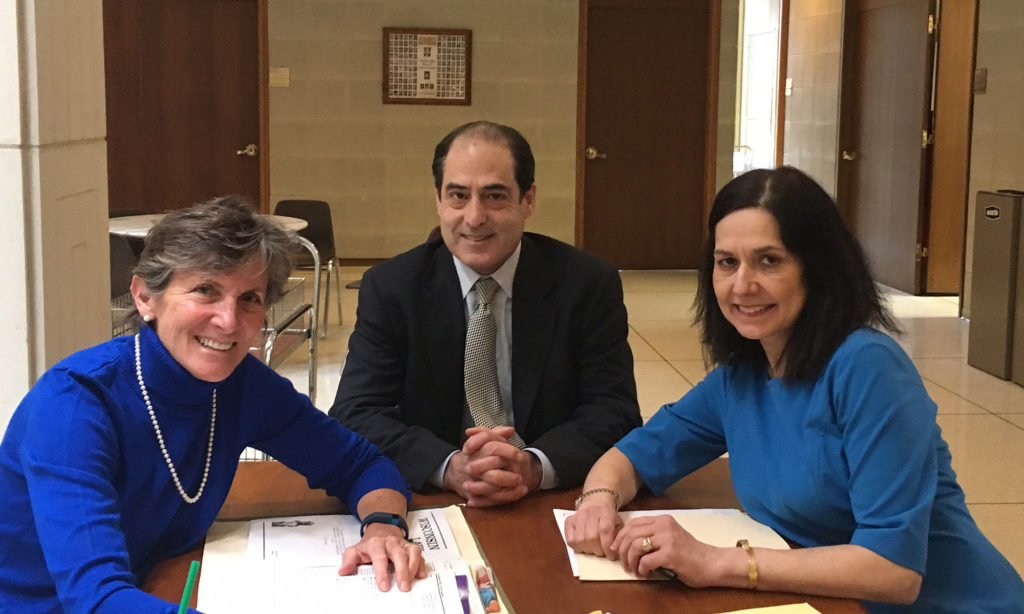For the better part of a half century, we in the Western world have lived in the Information Age. Our country was born in an Agricultural Age where the overwhelming majority of jobs were farm-related. Most of the 19th and early 20th centuries were identified as a Manufacturing Age with factories producing ever more efficiently. But since the advent of the computer, we now work for the most part in offices in the Service sector, relying on brain not brawn, to make our living. Doctors, lawyers, accountants, consultants, managers, marketers, educators all share a reliance on their ability to reason and resolve. In short, we rely on our minds.
So it is understandable why for so many people, the onset of diminished mental capacity precipitated often by any of the multiple forms of dementia is terrifying. Once the mind goes, for many, so does our identify, ourself, our very essence. Imagine someone who used to diagnose illnesses in patients, or composed briefs to win court cases, now left mindlessly babbling, forgetting what they did this morning, unable to hold a conversation. This, for many, is a fate worth than death. It is the inevitable destination of an increasing number of our contemporaries, because Alzheimer's and other forms of dementia have reached epidemic proportions.
Many people don't want to surrender their mind to the black tunnel of mental emptiness and seek legal ways of ensuring it won't happen. Unfortunately, there are very few options which provide reassurance. One can notarize an Advanced Directive authorising a healthcare proxy to initiate VSED if certain benchmarks of incipient dementia are present. But there may be opposition from the institution tending to the patient, or from a family member not sharing the patient's priorities. The individual can try to take matters in their own hands once they recognize the signs, but as in the most upsetting movie Still Alice starring Julianne Moore, it may be too late by then.
Recently the Dutch Supreme Court recognized the legality of a qualifying Advanced Directive under certain circumscribed conditions authorizing euthanasia in cases of

Edmund Tiryakian
Ed Tiryakian, J.D., MBA, founded Dying Right NC in 2015 and is its Executive Director. He previously worked in international banking in Asia before retiring to his native NC.He believes End of Life issues are one of society’s most pressing challenges as we all live longer and the medicalization of the dying process continues to conflict with the individual’s right to choose his or her end.


